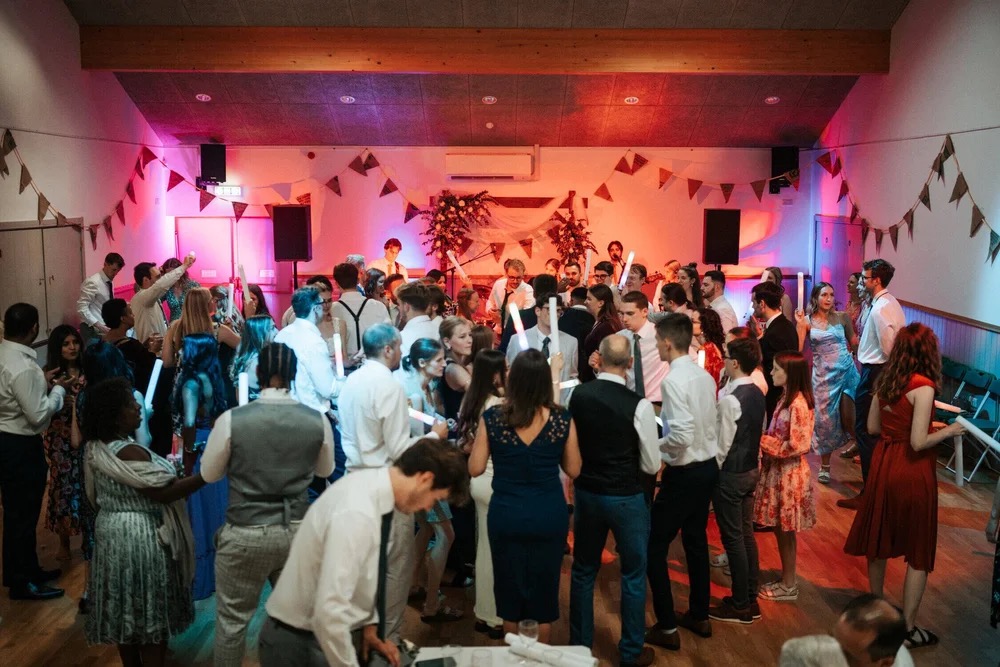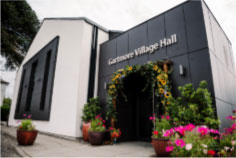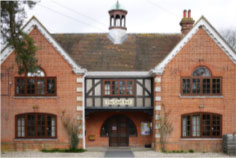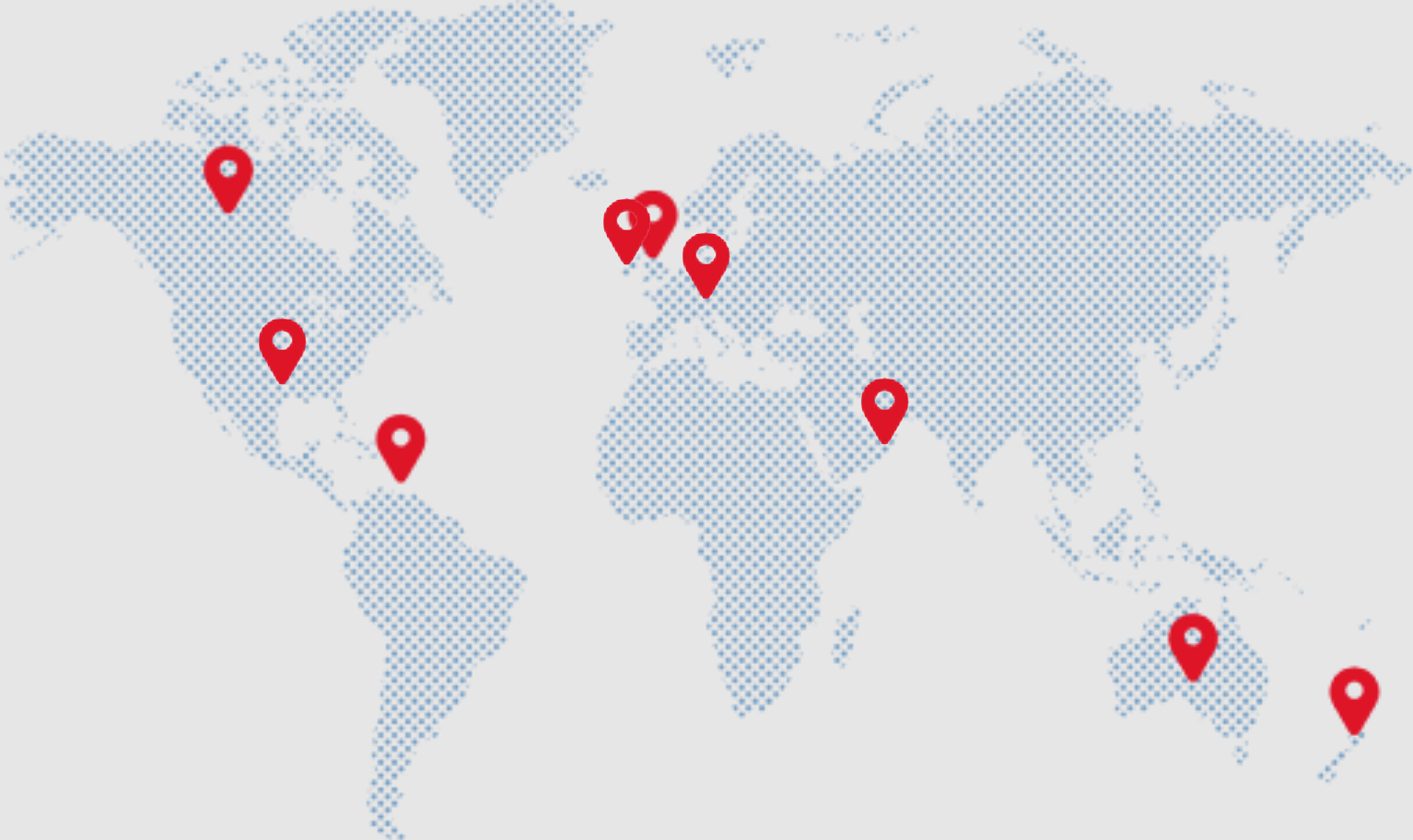
Every town, village, and parish has spaces that quietly hold their communities together. The town hall that hosts quiz nights, the church hall that transforms into a food bank, the sport’s centre that holds yoga classes or toddler groups.
When these venues thrive, communities thrive too. They become more connected, more resilient, and more inclusive. Turning a hall into a true community hub doesn’t happen overnight – but with care, creativity, and a little help from the right tools, it’s entirely achievable.
Why Community Hubs Matter
In a world that’s increasingly digital, physical meeting places are more valuable than ever. They offer something social media can’t: genuine, face-to-face connection.
Local venues are where friendships form, local causes take root, and new ideas come to life. They give people a sense of belonging – especially for those who may feel isolated or new to the area.
A successful community hub can boost the local economy, support wellbeing, and nurture volunteering and lifelong learning. It’s not just about running a building; it’s about building a sense of place.
Building a Thriving Hub
Every community is different, but a few key principles tend to help local venues grow into thriving hubs.
Keep It Active and Welcoming
The best way to show your venue’s value is to use it often. Even small, regular events, from craft circles and coffee mornings to film nights, show that the space is open and alive. Visibility creates participation. Promote upcoming activities on local noticeboards, Facebook groups, and community newsletters.
Share the Load
Venues work best when they’re run collaboratively. Invite volunteers, local clubs, and residents to help organise or host events. When more people are involved, there’s more variety – and less burnout for the few who often carry the load.
Stay Flexible
Communities change, and so should their spaces. Try new formats, gather feedback, and adapt to what people need. Maybe the art group wants to meet twice a week, or the local business forum needs evening access. Being open to change keeps your venue relevant.
Make Management Simple
Behind every successful hub is smooth organisation. Clear systems for bookings, payments, and communication prevent confusion and keep everyone on the same page. It’s about creating the space for things to run easily so your energy goes into people, not paperwork.
Keeping Things Running Smoothly
Behind every great community hub is a lot of quiet organisation. Managing calendars, handling payments, updating websites, coordinating volunteers – it can all add up.
That’s why tools like Hallmaster exist: to take care of the logistics so you can focus on people and activities. Many of you already use it daily; to keep the calendar up to date, manage regular bookings, and avoid double-bookings. It’s the kind of structure that supports everything else you do.
And as more groups, volunteers, and trustees get involved in managing your hall, shared systems make collaboration simpler – helping everyone stay on the same page and freeing up time for the fun parts of community building.
Building Connections Beyond the Hall
A thriving venue doesn’t stop at its walls. Some of the most successful community hubs reach out and build partnerships with other local organisations, from schools and libraries to charities, small businesses, and parish councils. These relationships can lead to new opportunities, shared resources, and stronger support networks.
For example, a local café might cater events at your hall, a nearby business could sponsor a community project, or a youth group might host regular sessions that draw in younger residents. These collaborations help broaden your hall’s reach and remind people that it’s more than a building – it’s a shared part of community life that belongs to them as much as it does to everyone else.
Even something as simple as sharing each other’s news or events online can help build momentum and strengthen local ties.
The Long-Term Impact
A well-run community hub becomes more than just a building. It’s a shared resource, a source of pride, and a foundation for local connection.
When people see their venue as a place that belongs to them – a place where they can learn, celebrate, volunteer, and support others – it becomes self-sustaining, creating a space that serves its community for years to come.
With a little organisation and the right digital tools, a hall can move from being a space that’s simply hired out, to one that brings a whole community to life.




